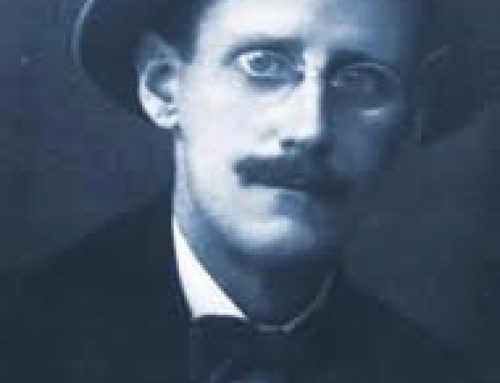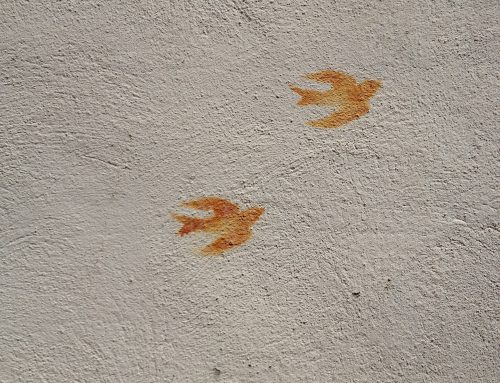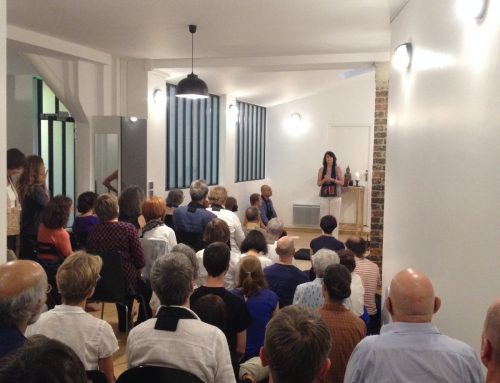Sometimes my notebooks have lines and sometimes they don’t. Writing with the lines and writing without lines are very different experiences. As a writer, I know that different pens and paper, like different places and moments, offer different experiences. The experience of writing with lines, I realized, can be likened to the experience of practicing with the forms and rituals here in retreat: The orderly offers an entry to the disorderly freedom of letting go…
Read more
Enseignante Zen et poète, Sensei Amy “Tu es cela” Hollowell est née et a grandi à Minneapolis, aux Etats-Unis. Arrivée en France en 1981 pour étudier la littérature et l’histoire, elle y est restée, s’installant à Paris, où elle élève ses deux enfants et gagne sa vie en tant que journaliste.
The Zen teacher and poet Amy “Tu es cela” Hollowell Sensei was born and raised in Minneapolis, but came to France in 1981 to study literature and history and has lived in Paris ever since, raising her two children and making a living as a journalist.













I would like to prove that I am beyond ordinary human emotions; that I don’t get annoyed, that I don’t get afraid, and that I am always serene and full of joy.
And – of course -that my sense of humor is equal to none.
Proof? What is there to prove?
It seems to me you made a nicely balanced speech about forms and rituals, Sensei.
Thank you again for posting it.
I wonder if, in addition to “experiencing the impersonal aspect”, forms and rituals have a very simple function also; to confirm our identity as zen-practitioners.
Taking Buddhist names, shaving our heads, wearing robes, eating with chopsticks, chanting sutras, sitting on mats, being with a group; all of that also confirms we are into Zen.
And thank goodness for that, because what else do we have?
If we simply live our lives; if our lives and our practice are not two separate things; what can we bring forward as proof of our practice?